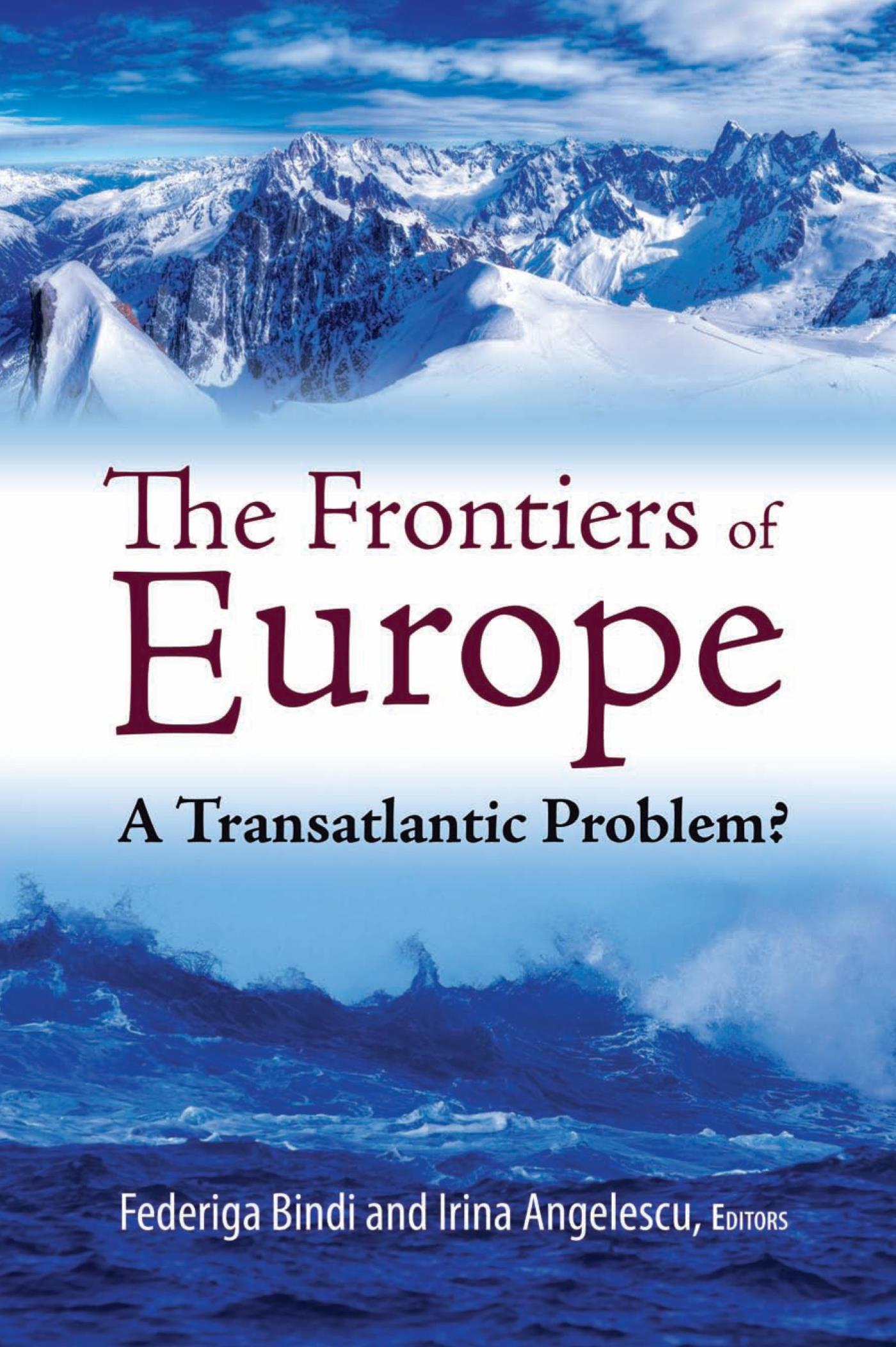A Brookings Institution Press and Scuola Superiore della Pubblica Amministrazione (SSPA) publication As the European Union tries to increase both its visibility and its impact on the world stage, it cannot overlook the fact that until now enlargement has formed its most successful foreign policy. But is the EU’s enlargement strategy still relevant today? Have the economic crisis and the speculative attack on the euro made the enlargement policy more uncertain? In The Frontiers of Europe, an international cast of leading experts and policymakersexamine the EU’s prospective borders from new perspectives. Indeed, the frontiers of Europe are as much a matter of values and the EU’s international credibility as they are a matter of geographic definition. The contributors highlight the considerable yet different interests of the United States and Russia in the EU’s enlargement strategy, paying special attention to the likely effects on the future of U.S.-EU relations. This comprehensive volume focuses not only on the European Union’s outward expansion, but also on the internal dynamics within EU states and those states’ abilities to deal with pressing issues such as terrorism, immigration, internal crime, and energy security. The EU must prioritize stability in both its enlargement strategy and its relations with the broader international neighborhood. The book raises a note of caution, however: as governance challenges increase, the EU’s attention increasingly draws inward, thus diminishing its soft power. The Frontiers of Europe is important reading for anyone trying to understand the current geopolitical landscape of Europe and what it means for the rest of the world.












